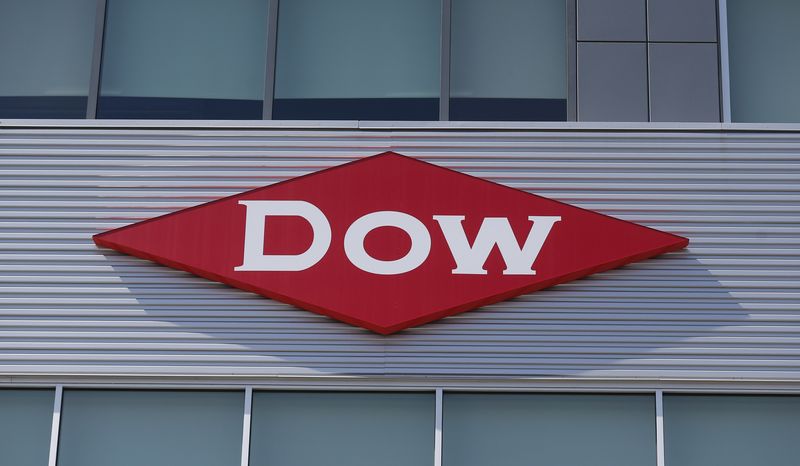By Greg Roumeliotis and Mike Stone
NEW YORK (Reuters) - (This December 14, 2015 story was refiled to correct the DuPont CEO's surname to Breen from Breene in paragraph 3)
The tax-free treatment of the spin-offs Dow Chemical Co (N:DOW) and DuPont (N:DD) plan to carry out after they merge their businesses is a prime driver of the deal, potentially saving tens of billions of dollars, industry experts said.
The $120 billion merger (£79.1 billion), announced last week, comes less than a month after drug maker Pfizer Inc (N:PFE) said it would use its $160 billion acquisition of Allergan Plc (N:AGN) as a way to cut its taxes. It underscores the growing use of mergers and acquisitions as a way to slash corporate America's tax bill.
"The whole structure of this is very, very tax efficient and one of the reasons we are doing it this way, so very beneficial from that standpoint to the shareholders," DuPont CEO Ed Breen told analysts on Friday. "When I looked at every other strategic option to DuPont, there was nothing that came close to this."
Unlike the Pfizer-Allergan deal, where the savings are the result of Pfizer redomiciling to Ireland where Allergan is based in a so-called inversion, the Dow-DuPont tax savings hinge on their transaction being structured as a merger of equals, a rare event that requires companies of the same size and scope willing to negotiate it, according to tax experts. Both companies are now valued at about $60 billion each.
"It is fairly rare," said Robert Willens, a corporate tax and accounting consultant. It's unusual for two companies of roughly equal size in the same industry to negotiate such a deal, he said.
Typically, companies that have been through a change of control are liable to pay capital gains taxes on subsequent spin-offs, under section 355 of the U.S. Internal Revenue Code. If both companies, however, do not formally undergo a change of control, the spin-offs can be tax-free.
After their merger, Dow and DuPont plan to create three publicly-traded businesses, focusing on agriculture, materials and specialty products. They plan to argue that no change of control will have occurred by structuring their initial deal as a merger of equals. Bolstering their view that a change of control has not occurred is that the two companies have many shareholders in common.
Vanguard Group Inc, State Street Global Advisors, Capital World Investors and BlackRock Inc (N:BLK) are, in that order, the top holders of both companies' stock.
The companies haven't disclosed estimates for tax savings. People familiar with the deal said the savings will far exceed the $3 billion in annual cost synergies that the companies expect.
Tax experts say there is some, albeit limited precedent to this. The most famous case where this deal structure was used was the 2007 merger of drug distributors AmerisourceBergen Corp (N:ABC) and Kindred Healthcare Inc, which the companies used to then spin off their institutional pharmacy businesses.
William Curry, Dow's chief tax officer, played a key role in structuring the tax aspects of the deal with DuPont, according to the sources. Earlier this year, he orchestrated the separation of a portion of Dow's century-old chlorine business and sale to Olin Corp (N:OLN) in a tax-efficient deal worth $5 billion.

Dow and DuPont declined to comment on the tax aspects of their deal.